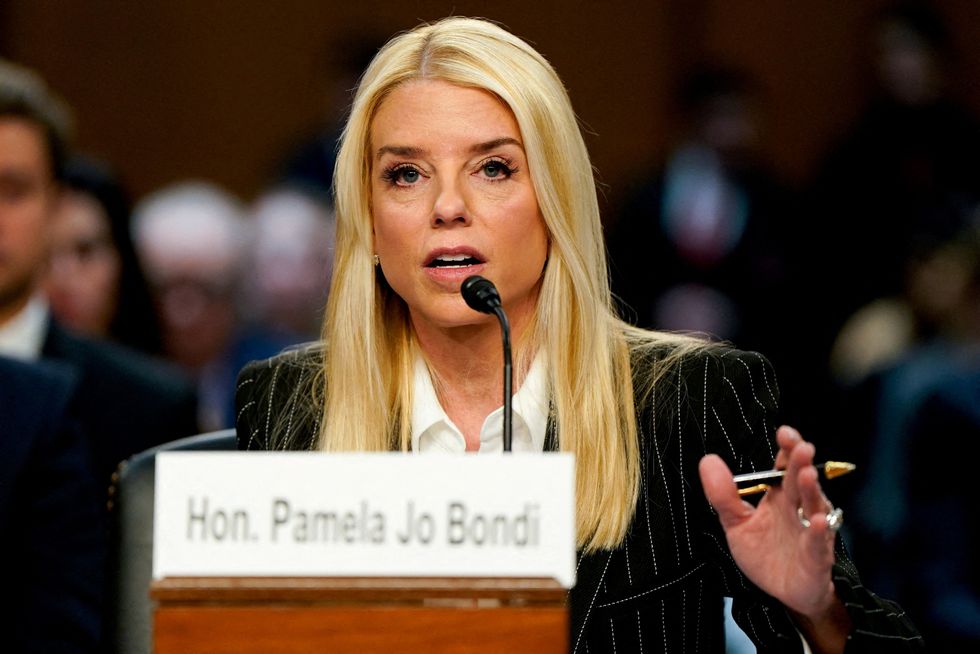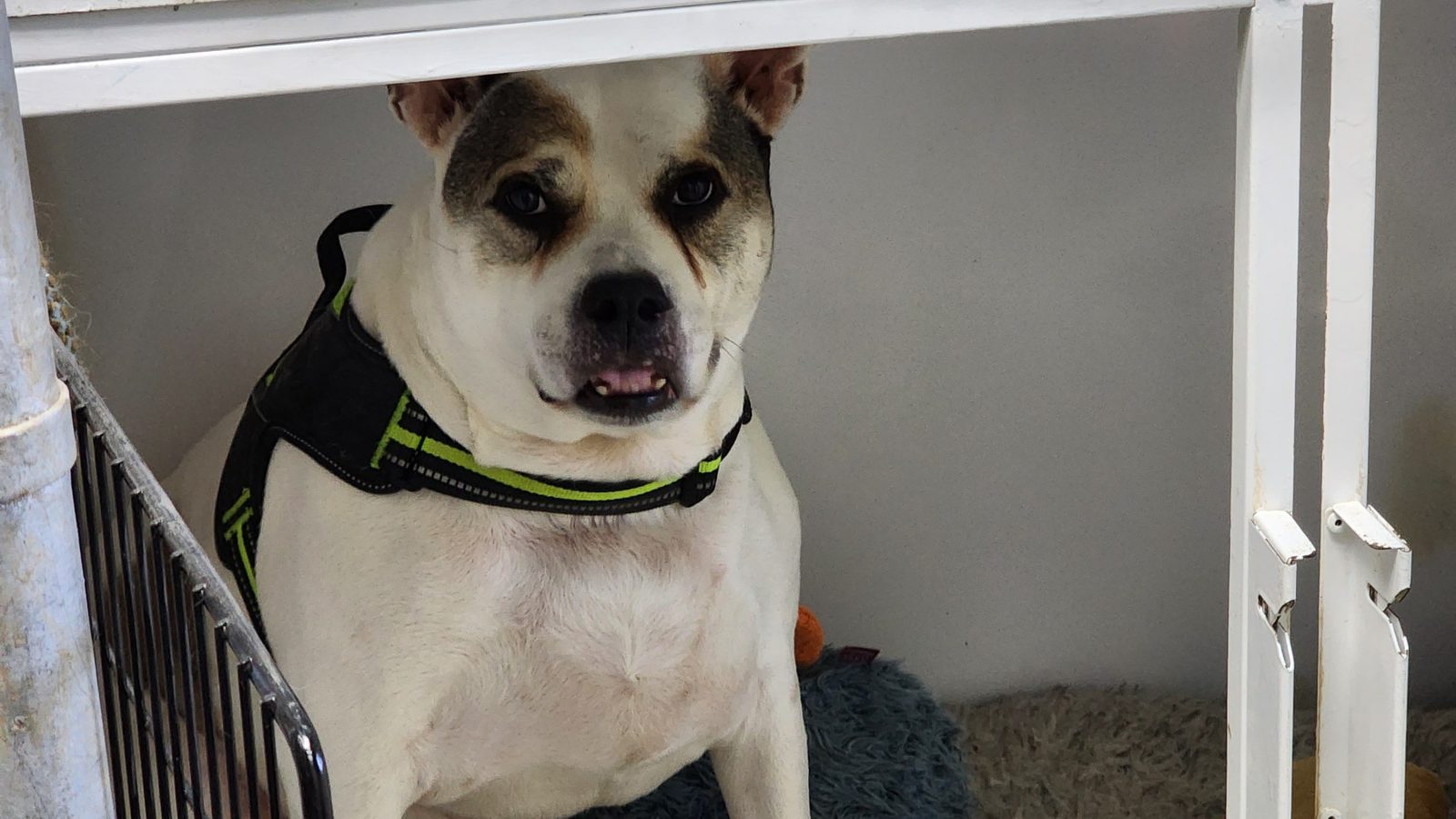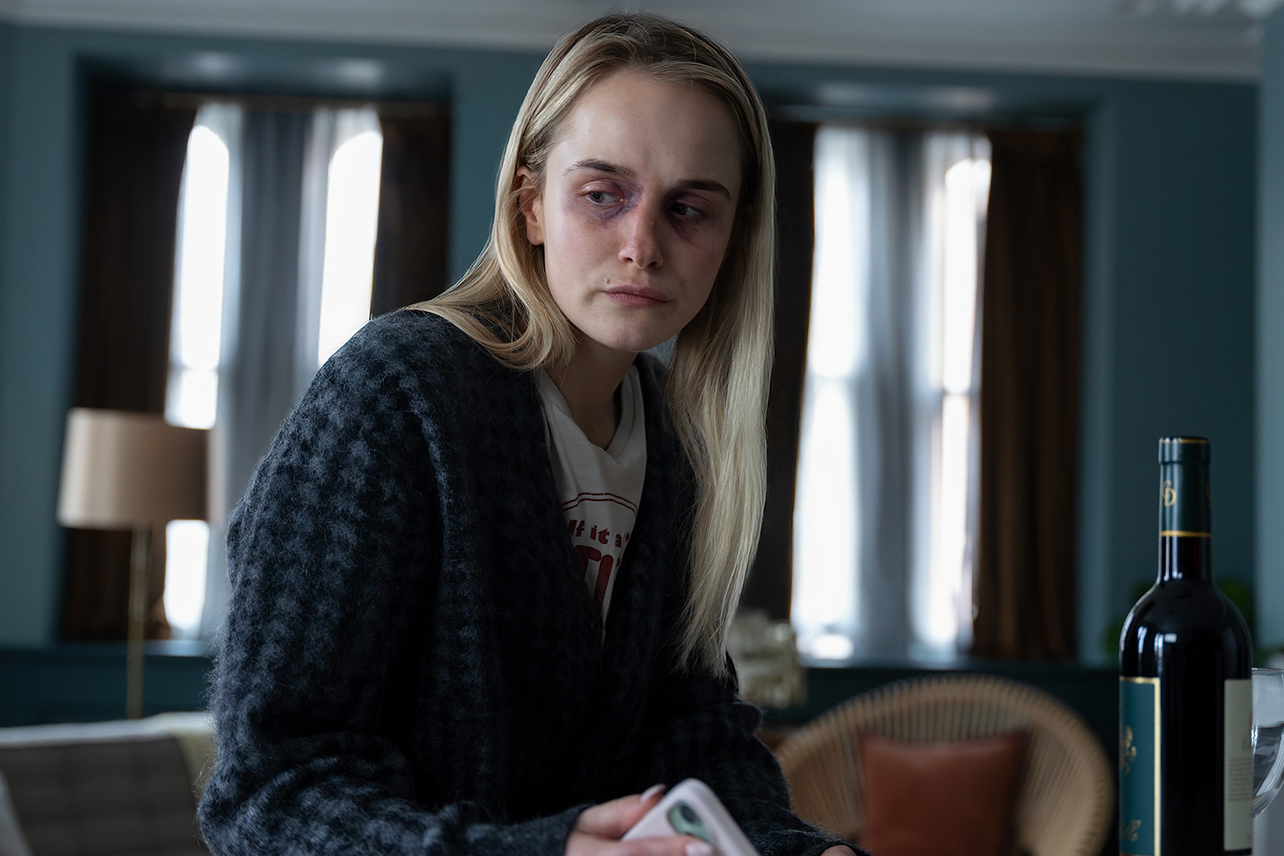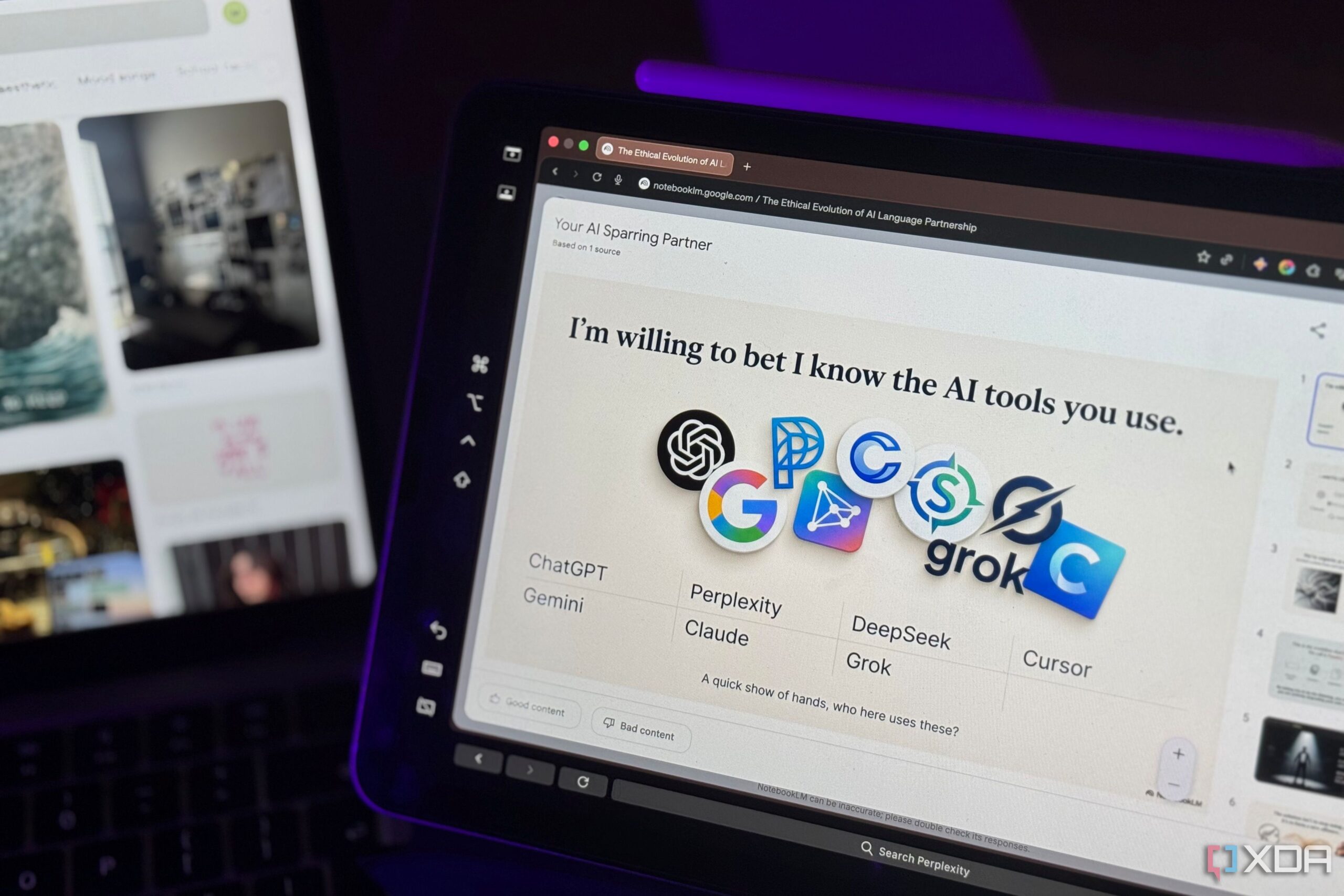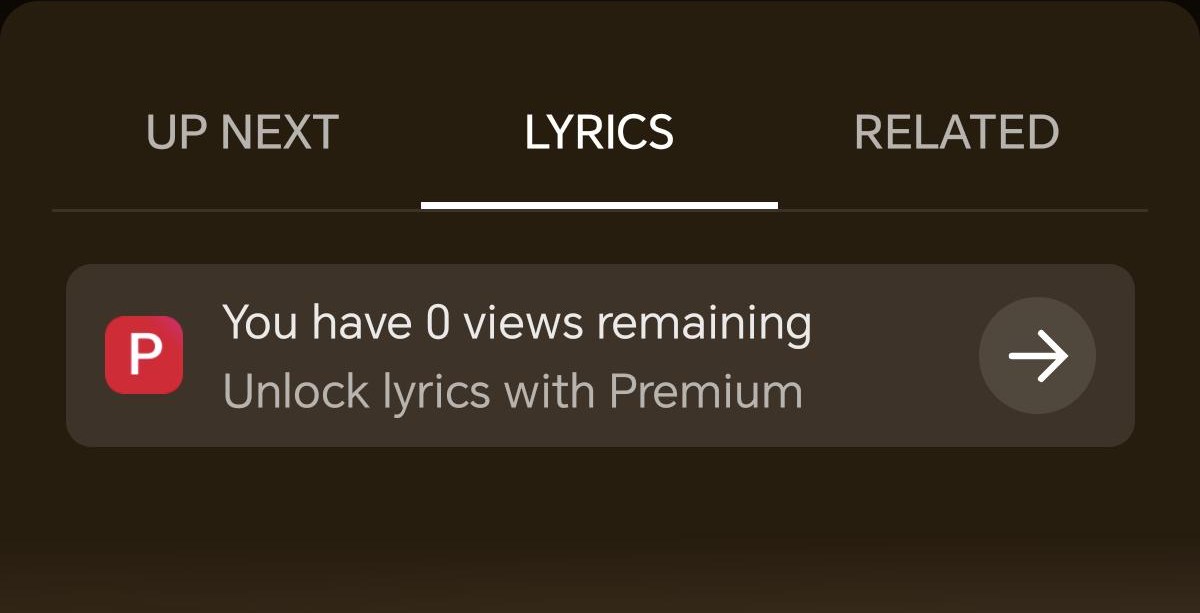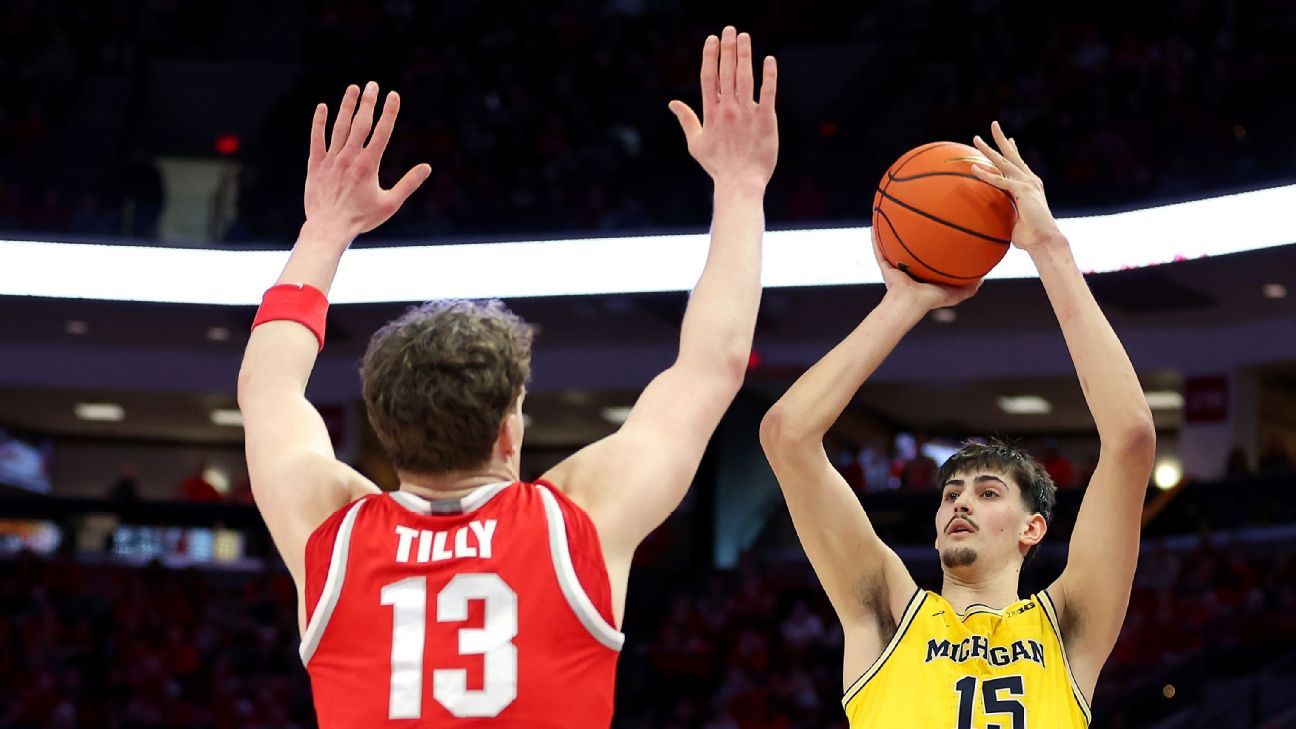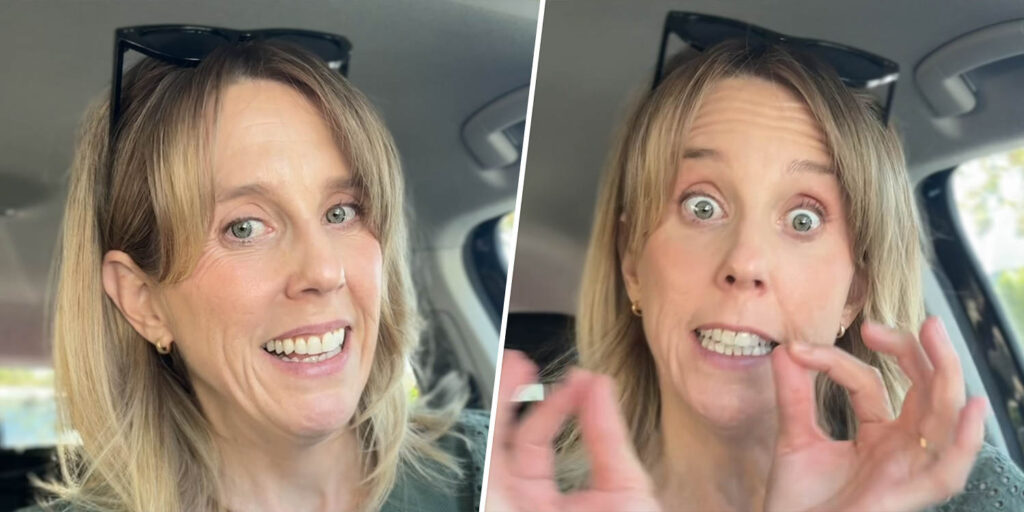
A Los Angeles mother has ignited a conversation about parenting styles at playgrounds, highlighting the divide between active and passive parental involvement. Beth Crosby, mother of nine-year-old Grace, shared her perspective in a video, stating, “I don’t play with my kid at the park. Period.” This statement has resonated with many parents who agree that playgrounds should serve as spaces for children to socialize independently.
Crosby describes the park as a venue where kids can “work out their little social issues” while also enjoying the opportunity to expend energy. She emphasizes that this time is beneficial for both her daughter and herself, saying, “It’s her chance to make friends and burn off energy. And it’s a break for me, even if I’m just staring off into the void for two minutes.”
In the video, Crosby acknowledges the potential backlash from parents who may disagree with her approach, noting, “I know I’m going to get hate for it.” Yet, she explains her reasoning behind letting children interact without direct adult engagement. She added, “When I see a full-grown adult on the play structure going down the slide, swinging on the swings with their kid, I get angry, because now they’ve made us look bad.”
Crosby’s followers have shown overwhelming support for her views, with many echoing her sentiments that playground time should allow children to connect with their peers. Comments from her audience included affirmations such as, “Amen. It’s recess time – go run and be social!” Some parents, however, offered alternative perspectives, arguing that every family’s situation is unique. One commenter mentioned, “Don’t judge those parents too harshly, you never know what their story is.”
The social interactions that occur at playgrounds can also foster connections among parents. Crosby noted that by allowing Grace to navigate the park independently, she formed friendships with two other mothers, which would not have happened otherwise. This illustrates the potential for community building that can emerge from relaxed playground dynamics.
Expert Insights on Parental Roles
Dr. Deborah Gilboa, a noted parenting expert, supports Crosby’s viewpoint, suggesting that parents should adopt a lifeguard mentality at the playground. “You’re there to make sure the kids follow safety rules and to help if someone gets hurt, but you don’t need to be the swimmer,” she explains. Dr. Gilboa acknowledges that while there is no obligation for parents to play with their children, they can certainly join in if they wish.
She also emphasizes that even when children are alone at the playground, the environment provides significant developmental benefits. “A new space with physical challenges, along with the chance to be a little bored, use their imagination and make their own fun, builds all kinds of resilience, creativity, and brain power,” Dr. Gilboa asserts.
As the discussion continues, it is clear that the dynamics of playtime at parks reflect broader themes of parenting and child development. The balance between engagement and independence is a nuanced topic, with varying opinions on what the ideal playground experience should look like.
Crosby’s candid thoughts serve as a reminder that parenting styles can differ widely, and that there is value in allowing children the freedom to explore their social environments. Whether parents choose to join in the fun or observe from the sidelines, the playground remains a crucial space for childhood development.
